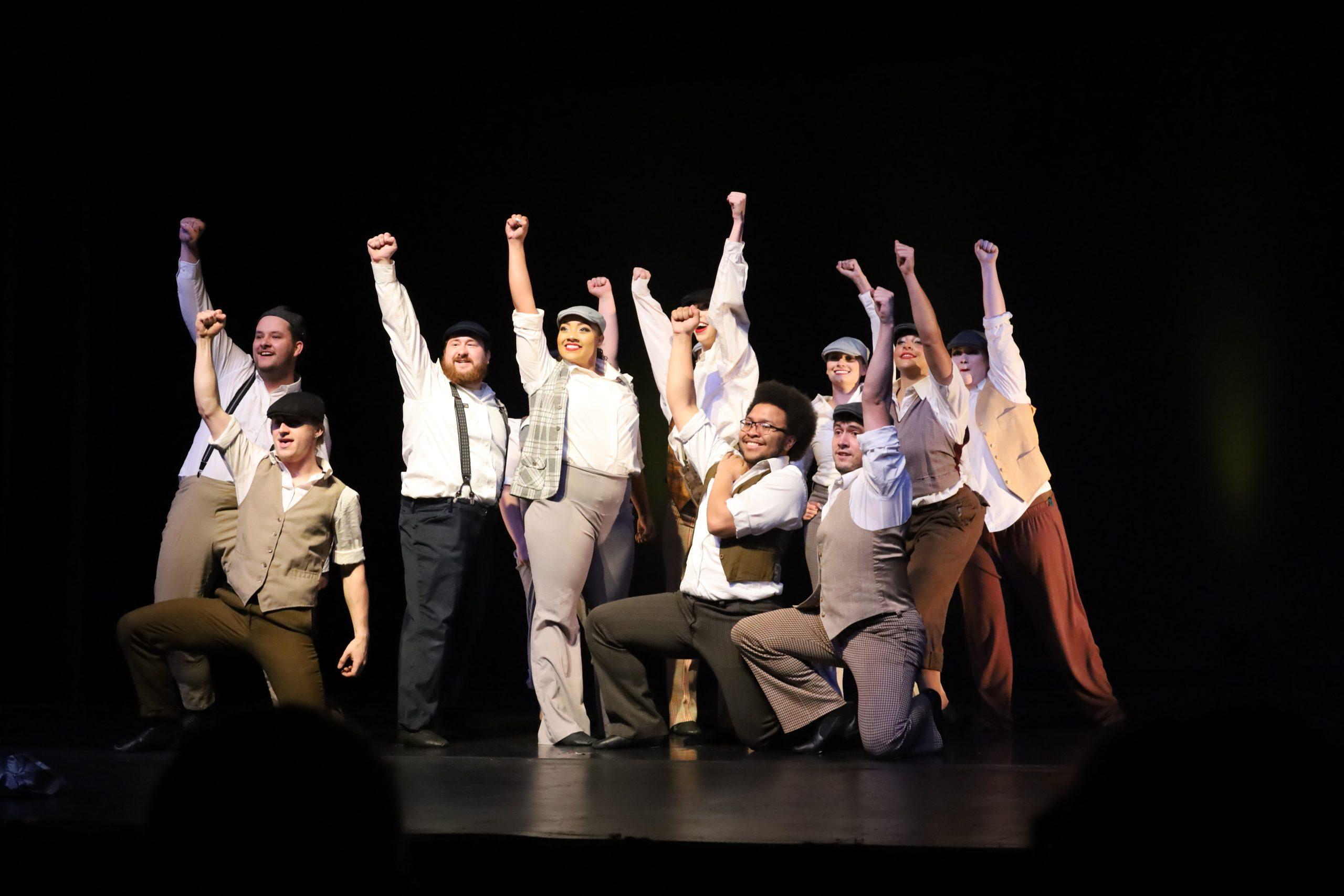Philosophy and Religious Studies
Colleges and Programs of Study
Philosophy and Religious Studies are discrete yet related fields of human inquiry that immerse students in bodies of knowledge and ways of seeing the world that have existed from antiquity into the present day. Courses in these disciplines help students develop and deepen their own perspectives on a range of personal, social, and global concerns, while also sharpening critical thinking skills and the ability to engage other points of view with openness and empathy.
Philosophy
Literally, “love of wisdom,” Philosophy engages the enduring questions of human existence: What is reality? What is truth? What are our obligations to other people and to the non-human world? How should we decide among competing visions of the good? Raising such questions and exploring worthy answers are skills that serve one for a lifetime. The Philosophy curriculum complements coursework in other fields of study, and students often add a second major. Philosophy majors and minors are well-positioned to pursue a variety of career paths, including law, medicine, theology, writing, and teaching.
Religious Studies
Religious beliefs and practices are deeply intertwined with culture, politics, economics, and other arenas of public life, even as “religion” is an elusive, highly contested term. Courses in the Religious Studies program bring these truths to life, helping students make connections across disciplines, and encouraging reflection on matters of life, death, and meaning-making. Religious Studies majors are well-prepared to knowledgably engage religious and spiritual issues in ways that are personally satisfying and often professionally useful. The major or minor is also appropriate for persons preparing for further theological study and church-related vocations. Double majoring is an advantageous interdisciplinary option. Recent Religious Studies majors have also majored in Psychology, History, Art, English, Music, and Philosophy.


Debra Dean Murphy, Professor
B.S., West Virginia Wesleyan College
M.T.S., Duke Divinity School
Ph.D., Drew University
Areas of Instruction: Religious Studies
Email: murphy_d@yilunjianshe.com
Phone: 304-473-8362
Research: Debra Dean Murphy teaches courses in theology, ethics, liturgy, and church history. She is the author of Happiness, Health, and Beauty: The Christian Life in Everyday Terms (Cascade 2015) and Teaching that Transforms: Worship as the Heart of Christian Education (Brazos 2004). Her articles and essays have appeared in Modern Theology, Scottish Journal of Theology, Liturgy, and Cross Currents. Her blog, “Intersections: Thoughts on Religion, Culture, and Politics.” is regularly featured by The Christian Century, Sojourners, and On Being.
Bernard Keating, Professor Emeritus
B.A., College of William and Mary
M.B.A., West Virginia Wesleyan College
M.A., Ph.D., University of Virginia
Areas of Instruction: Philosophy
Email: keating@yilunjianshe.com
Phone: 304-473-8436
-
Philosophy – B.A.
Students will:
- Students will demonstrate the ability to distinguish arguments from non-arguments and will be able to provide reasoned assessments of soundness/cogency in simple cases.
- Students will be able to demonstrate competence in analyzing arguments.
- Students will demonstrate an ability to defend a philosophical thesis.
-
Philosophy and Religious Studies – B.A.
-
Religious Studies – Christian Formation and Liturgy or Religion and Culture – B.A.
Students will:
- Students will demonstrate knowledge of the core beliefs and practices of religious traditions.
- Students will be able to reason theologically, interpret texts critically, and engage with religious diversity.
- Students will understand the complexities, ambiguities and mysteries of lived faith.
- Students will be able to articulate, be thoughtful, and be self-aware about their own religious and theological commitments.
-
Philosophy
Students will:
- Students will demonstrate the ability to distinguish arguments from non-arguments and will be able to provide reasoned assessments of soundness/cogency in simple cases.
- Students will be able to demonstrate competence in analyzing arguments.
- Students will demonstrate an ability to defend a philosophical thesis.
-
Religious Studies
Students will:
- Students will demonstrate knowledge of the core beliefs and practices of religious traditions.
- Students will be able to reason theologically, interpret texts critically, and engage with religious diversity.
- Students will understand the complexities, ambiguities and mysteries of lived faith.
- Students will be able to articulate, be thoughtful, and be self-aware about their own religious and theological commitments.
Programs of Study
-
Art and Design

-
Biology & Environmental Science

-
Business

-
Chemistry & Biochemistry

-
Communication & Media

-
Education
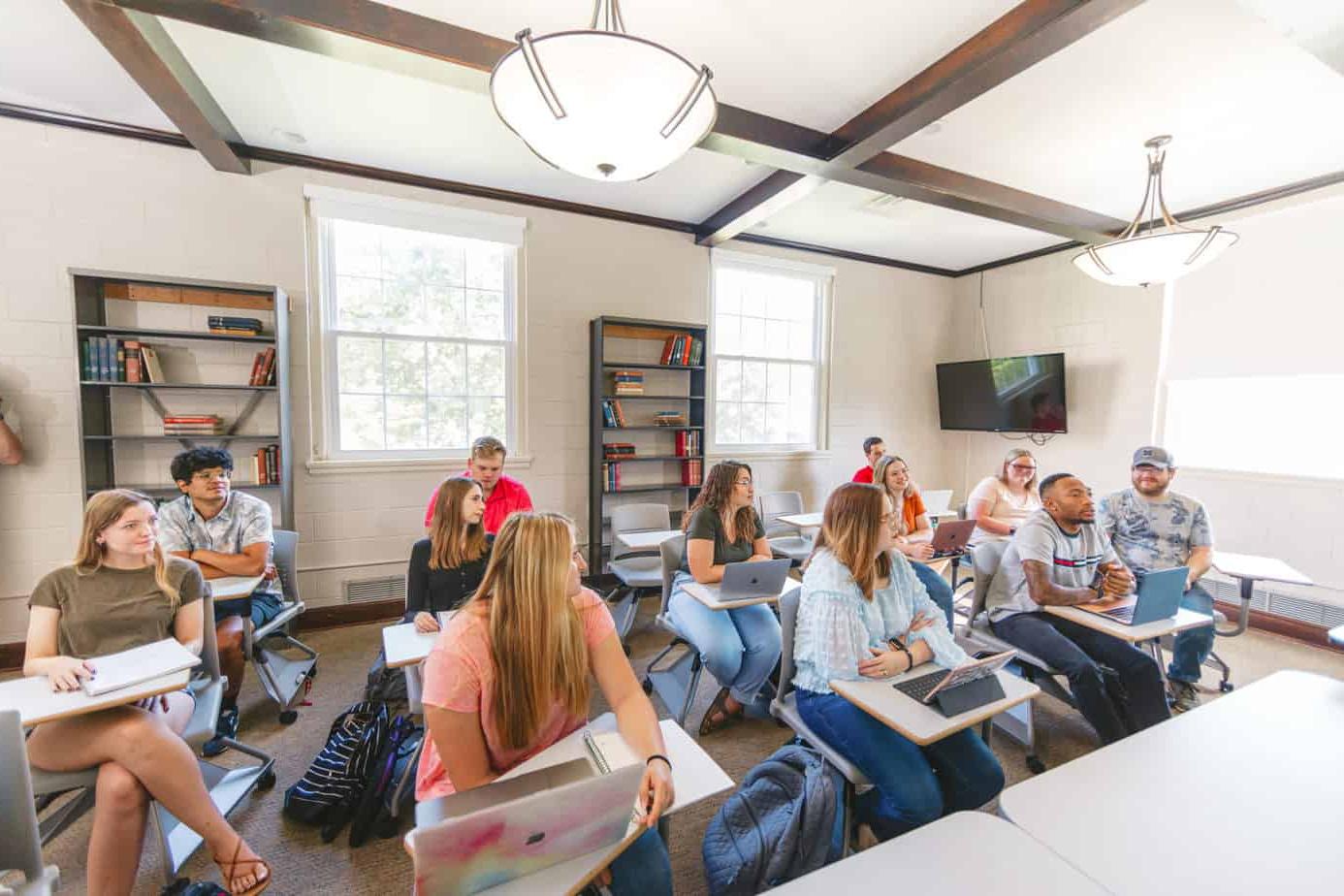
-
English

-
Exercise Science & Athletic Training
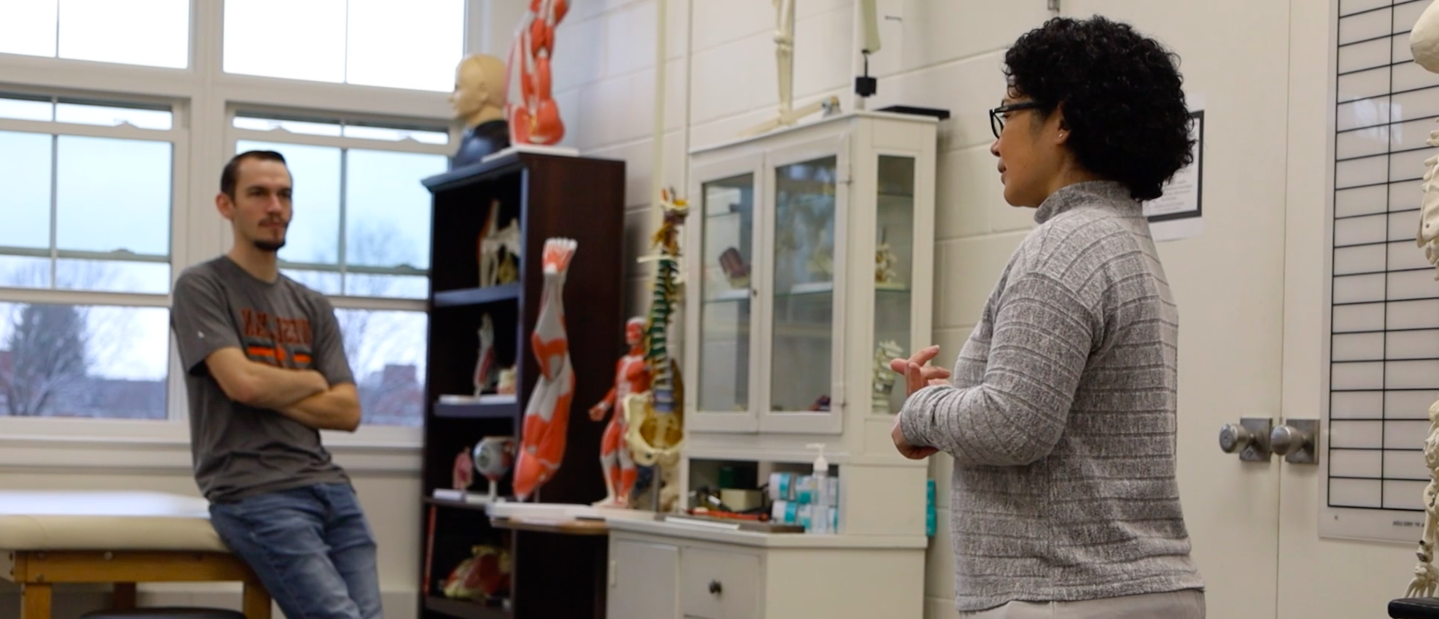
-
Health Sciences

-
History and International Studies
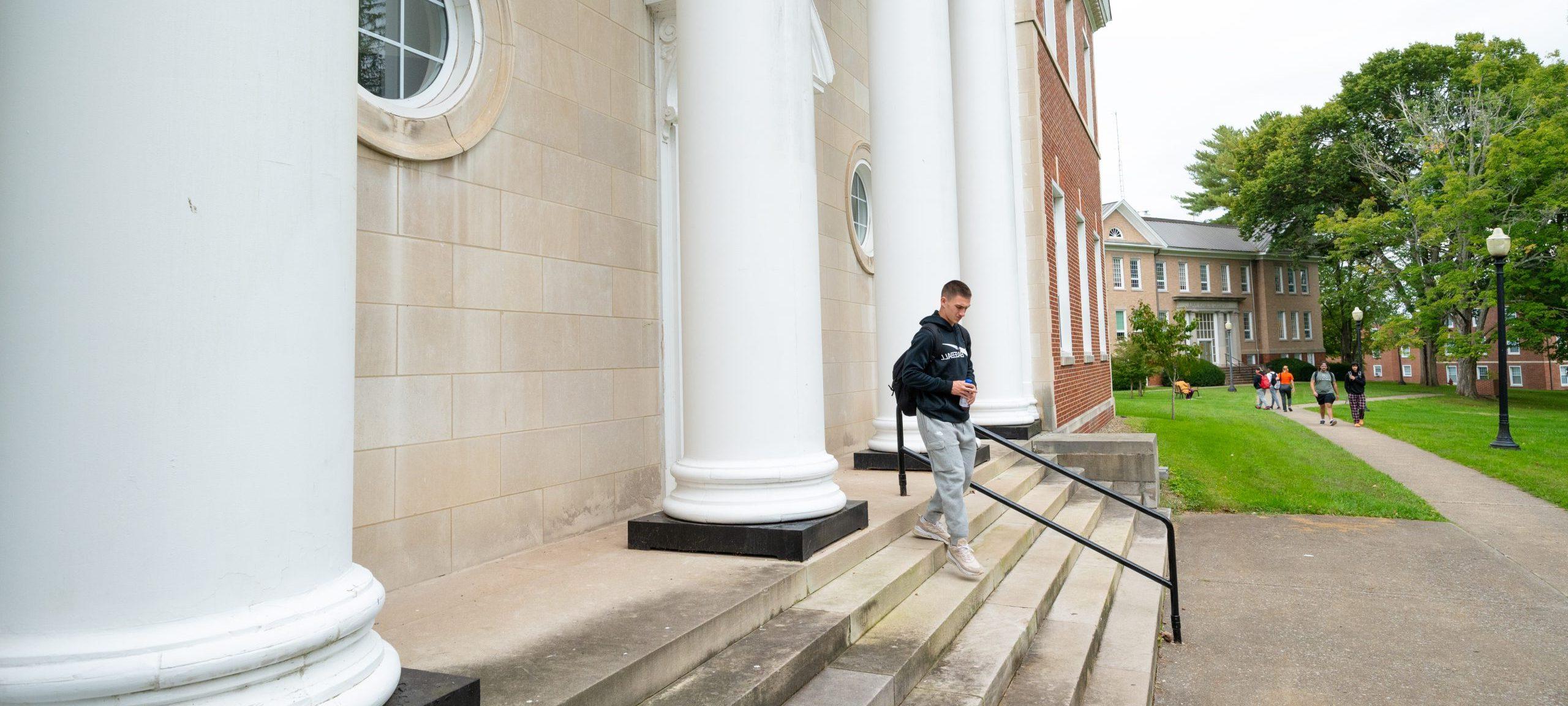
-
Mathematics & Computer Science

-
Music
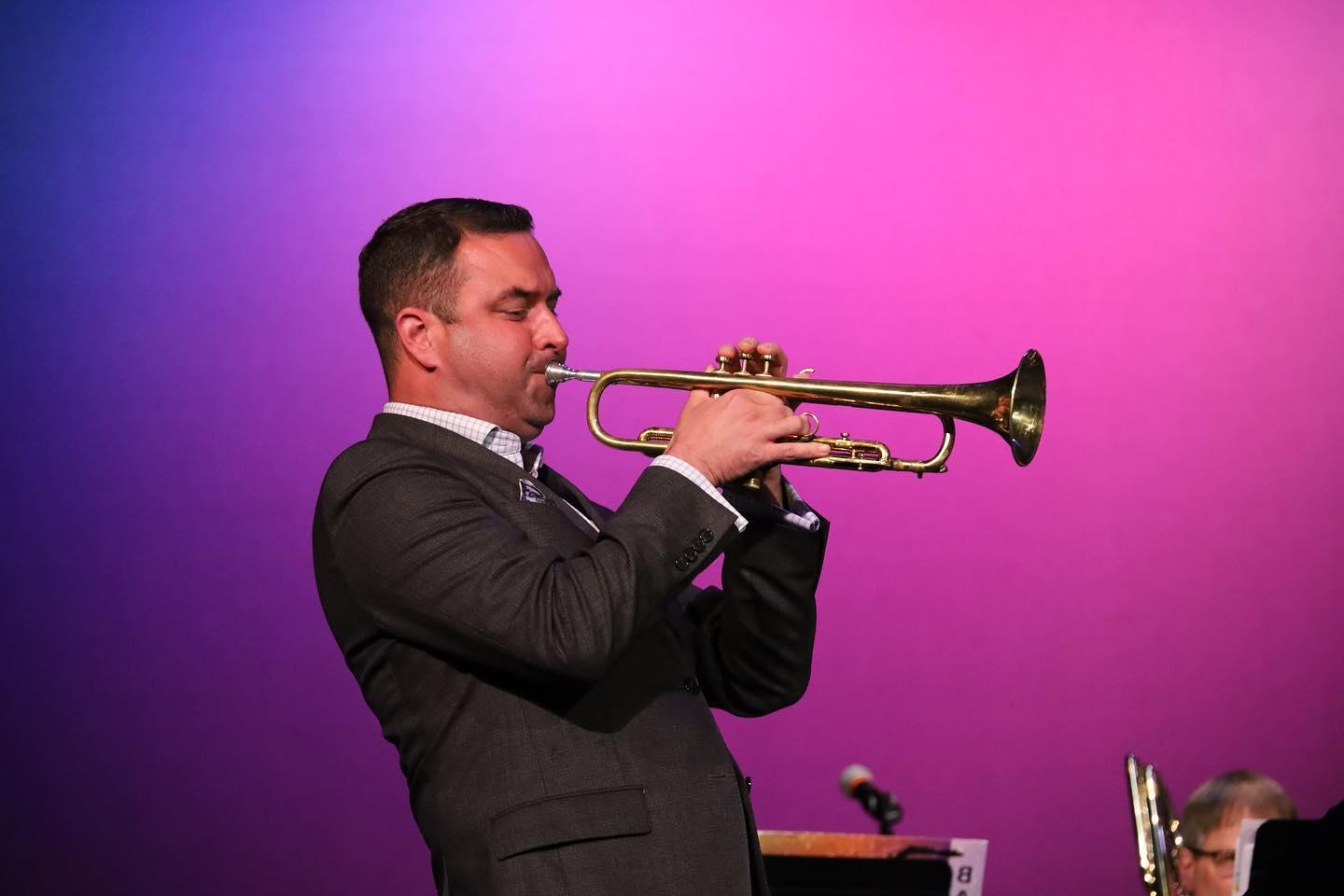
-
Nursing

-
Philosophy and Religious Studies

-
Physics & Engineering

-
Psychology

-
Social Sciences

-
Theatre and Dance Department
